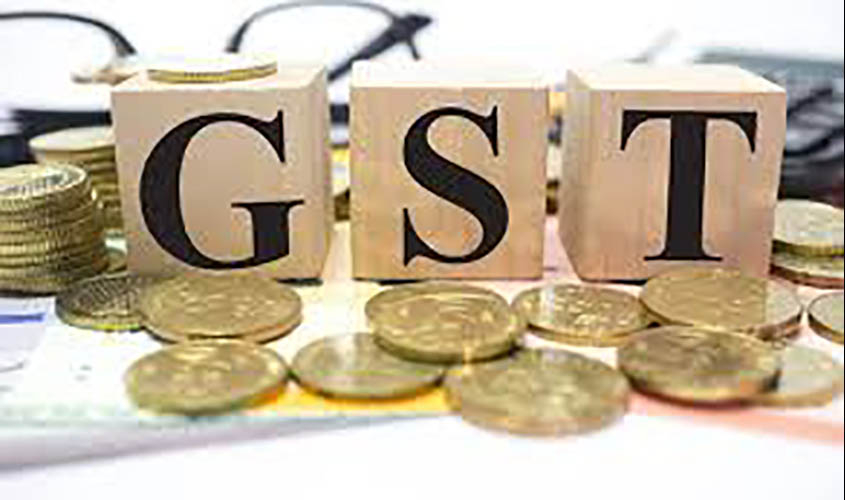Gold imports in the last two months of this year nearly trebled compared to the corresponding period last year, despite the low domestic demand for the yellow metal. This has been attributed to the “loopholes” in the Goods and Services Tax (GST) structure that allowed importers to ship in gold in larger quantities from South Korea and Indonesia without paying customs duty, data from the India Bullion and Jewellers Association (IBJA) shows.
The “loopholes” in GST led to traders purchasing high volume gold from the Free Trade Agreement (FTA) partner countries of India, primarily South Korea and Indonesia. Due to the annulment of the 12.5% customs duty after the implementation of GST on the import of gold from India’s FTA partner countries, India witnessed massive spurt in gold imports from the above-mentioned two countries.
The new tax regime replaced 12.5% customs duty with a 3% GST. In case of countries outside the FTA, a 10% customs duty is levied along with 3% GST.
According to the IBJA, from the day the GST subsumed excise and VAT on 1 July this year till 21 August, around 27 tonnes of gold worth about Rs 8,000 crore at zero customs duty was imported from South Korea.
However, realising the “loopholes” in GST, on 25 August, the Ministry of Commerce and Industry removed gold and silver from the list of “duty free import” from South Korea, maintaining that South Korea is not a gold producer country. However, the ministry could not stop gold imports from Indonesia.
Amit Sharma, a Delhi-based chartered accountant and expert on international trade told The Sunday Guardian: “Stopping gold imports from Indonesia might be difficult as the country is a major gold mining centre in the world. Thus, the reason which was given in case of banning duty free gold imports from South Korea is not applicable for Indonesia.”
Taking the initiative to curb gold imports from Indonesia, Commerce and Industry Minister Suresh Prabhu on Monday held a meeting with Indonesian counterpart Enggartiasto Lukita in Delhi and discussed many trade-related issues, including duty free gold imports, sources confirmed.
A senior ministry official said: “In order to mitigate the loopholes in GST, Commerce and Industry Minister Suresh Prabhu held a meeting in Delhi with Indonesian counterpart and both the Ministers raised their concerns related to trade in gold and other goods. Suresh Prabhu is considering possible curbs on gold imports. On the other hand, Indonesia is not willing to allow any change in its Free Trade Agreement with India.”
“Indonesia also raised issues about India’s decision to double the import duty on crude palm oil to 15% from 7.5% earlier this year,” the same official quoted above added.
Rajanish Gupta, an office bearer of IBJA, told The Sunday Guardian: “The delay in measures to fix GST loopholes has cost a huge loss to the government. Import of duty free gold is bad for the country’s market, apart from causing a loss of heavy revenue to the government. It can also widen the trade deficit of the country. Initially, when the GST was launched, the IBJA had appealed to the government to ban imports of gold coins and articles from all those countries with which India has a free trade agreement, but the authorities did not respond until the issue became too big.”
“Bureaucratic shortsightedness failed to identify the loopholes in GST and this led to massive loss to the exchequer. Also the loopholes proved to be a windfall for a few traders as they managed to earn huge revenues out of import of gold from the FTA partner countries,” Gupta added.

